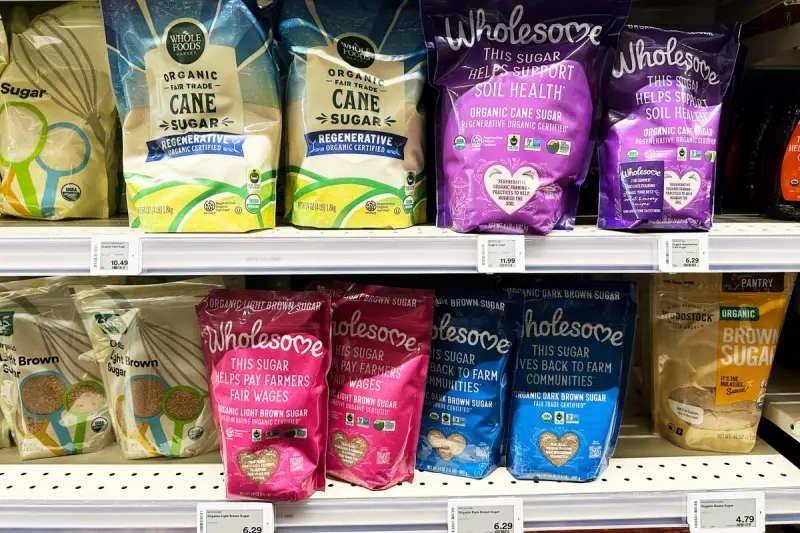
Startling documents obtained by The Independent have exposed a radical blueprint from Donald Trump's camp that would declare economic war on Brazil through the World Trade Organization should he reclaim the White House.
The strategy, devised by former Trump administration officials, proposes stripping Brazil of its coveted "developing country" status at the WTO. This move would eliminate special protections and open the floodgates for punishing tariffs on its most vital exports.
A Calculated Assault on Key Industries
The plan takes direct aim at the heart of the Brazilian economy. Its massive agricultural sector, a global powerhouse in sugar, coffee, and soy, would be left dangerously exposed. Furthermore, its burgeoning technology industry and critical mineral resources are also in the crosshairs.
This isn't a mere policy adjustment; it's a fundamental shift in how the US would engage with one of South America's largest economies. The proposal argues that Brazil, as a major G20 member, should no longer qualify for the lenient treatment afforded to developing nations.
The Sioux Falls Connection and a Second-Term Agenda
The revelation emerged from a meeting of powerful Trump allies in Sioux Falls, South Dakota. Here, the former president's key strategists are meticulously crafting a hardline trade agenda for a potential second term.
This aggressive posture signals a definitive return to the "America First" doctrine that defined Trump's first presidency, but with a more focused and systematic approach to trade negotiations and disputes.
Global Implications of a US Trade War
Such a drastic measure would not occur in a vacuum. A US-led campaign to alter Brazil's WTO status would require building a coalition of support amongst other member nations, potentially fracturing global trade alliances and setting a precedent that could target other emerging economies.
The move threatens to destabilise international trade relations and could trigger significant retaliatory measures from Brazil, impacting global markets and supply chains for key commodities.





